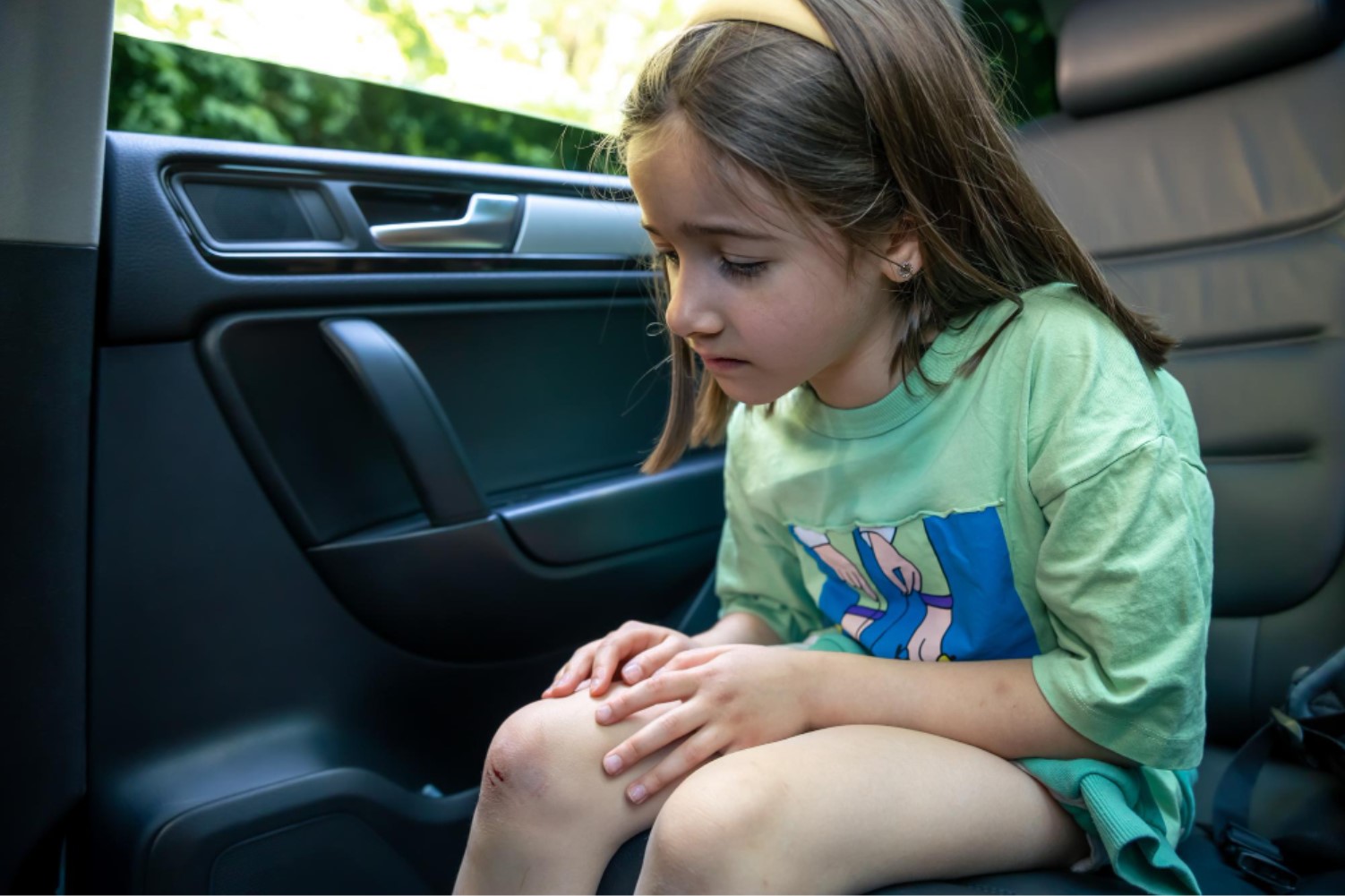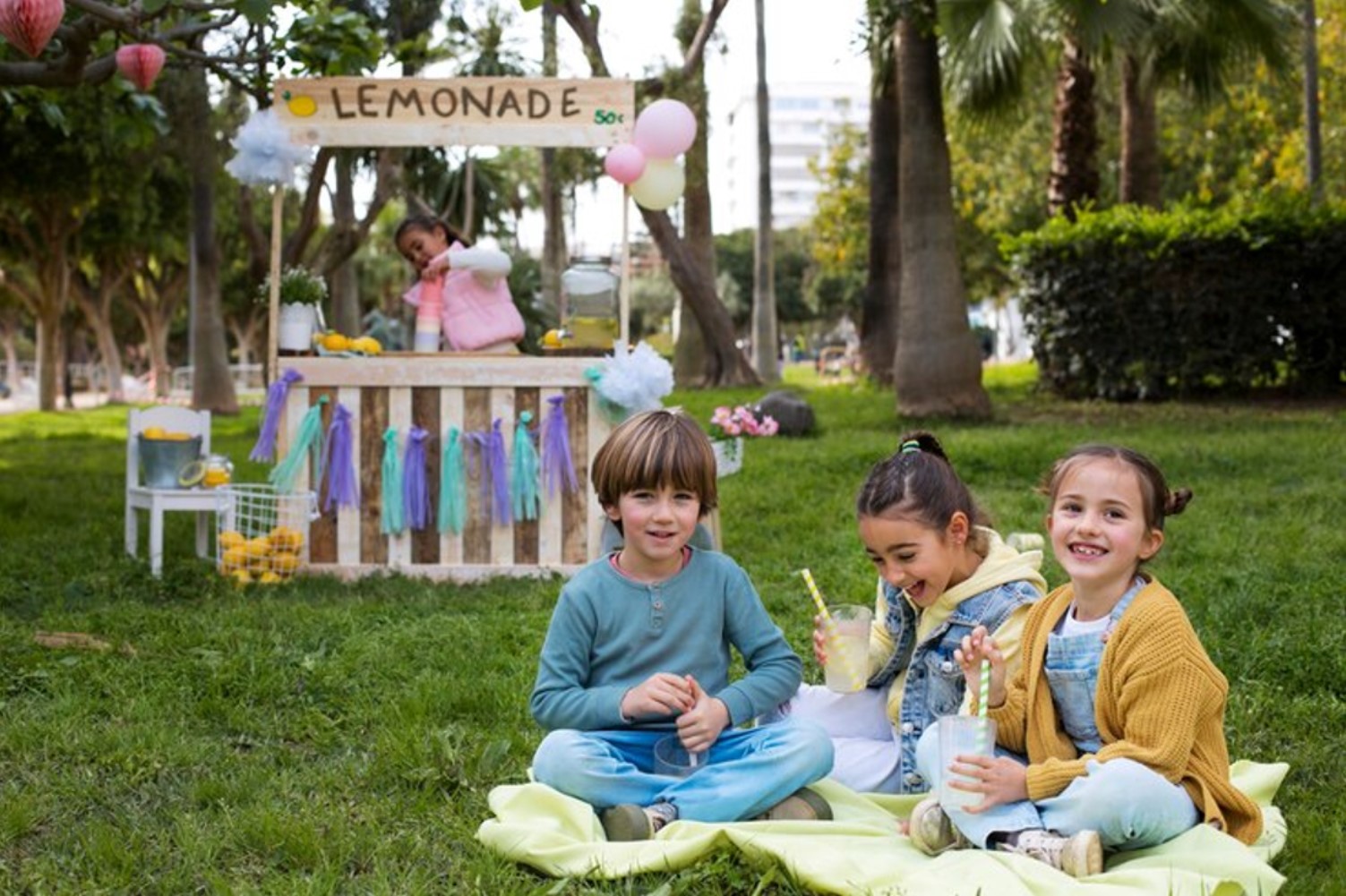Things Boomers Did as Babies in the ’60s That Would Shock Gen Z Today
Those who grew up in the Baby Boomer era had a drastically different upbringing than today’s Gen Zers.
Naturally, parenting has changed a lot over the past fifty years. What was acceptable in the ’60s may be frowned upon by today’s younger generations. Here are ten things Boomers did as babies in the 1960s that would leave Gen Z in shock today.
Drinking Right From the Hose
Children often drank straight from garden taps or hoses during the Boomer era.

Source: Freepik
While this was considered a standard practice back in the ’60s, Gen Zers today cringe at the thought of drinking from anything but a filtered source.
No One Used Sunscreen
Nowadays, packing for a summer holiday isn’t complete without several bottles of sunscreen. But five decades ago, families spent long hours in the sun without any form of protection.

Source: Freepik
By the 1990s, we had a better understanding of the risks associated with sun exposure. But for the Boomers, that information simply wasn’t available.
Riding in the Car Without a Seatbelt
Gen Zers couldn’t imagine jumping into a vehicle and taking off without first putting their child in a car seat and making sure they’re buckled up.

Source: Freepik
Yet, in the 1960s, parents seldom used any kind of seat belt, never mind a car seat, for their young child. In most cases, a small rope harness was used that would put Gen Zers in a state of frenzy today.
Playing With Toy Guns
Children of the Boomer generation once played with toy guns for hours on end.

Source: Freepik
However, these days, due to their association with violence, it’s rare that any Gen Z parent would allow their child to play with such a toy.
Lead-Painted Cribs
Safety protocols for children just weren’t as good in the 60s as they are today.

Source: Freepik
Cribs during the Boomer era were typically painted with lead-based products, which offered a range of potential health risks. In the Gen Z era, cribs are much safer.
Children Often Walked to School Alone
We’ve all heard the stories from our parents about how they walked several miles down a country road to school unsupervised.

Source: Freepik
Yet, parents in the modern era are met with a sense of anxiety when thinking of their children doing precisely this. While child independence is making a comeback, it may be some time before Gen Zers let their children take off on long walks alone.
Smoking Around Children and in Public Places
One of the most significant changes from the Boomer to Gen Z era is the removal of smoking around children and in public spaces.

Source: Freepik
Once upon a time, parents wouldn’t have thought twice about lighting up a cigarette in the presence of their children. However, Gen Zers would be horrified to witness such an event, and with reason, considering the data that is now available regarding the dangers of secondhand smoking.
Children Were Free to Play Without Supervision
In the 1960s and 1970s, children were often allowed to play for hours outside without any adult supervision.

Source: Freepik
However, this would be considered unfathomable to the modern Gen Z parent. This shows just how much societal expectations, and the feeling of safety, have changed over the decades.
Participation Trophies Were Nonexistent
The Gen Z era has seen the introduction of participation trophies, which aim to provide children with a boost of confidence, even if they aren’t number one in their chosen activity.

Source: Freepik
However, this recognition was not provided during the Boomer era, leaving many kids feeling disheartened unless they came first in whatever they were competing for.
Peanut Butter Risks Overlooked
Back in the 60s and 70s, the risks associated with peanut butter allergies were somewhat nonexistent.

Source: Freepik
As schools become more aware of the potential dangers, many schools have adopted policies to ensure that no peanut-based products appear on their premises.
Signs of the Changing Times
As humans continue to evolve, prevalence is always placed on the well-being and safety of the next generation.

Source: Freepik
It would be wrong to suggest that parents neglected their children’s safety in the older generations, as they simply worked with what information was available. Maybe in another 50 years, the next generation will look back at Gen Z and be shocked to hear of their practices.
